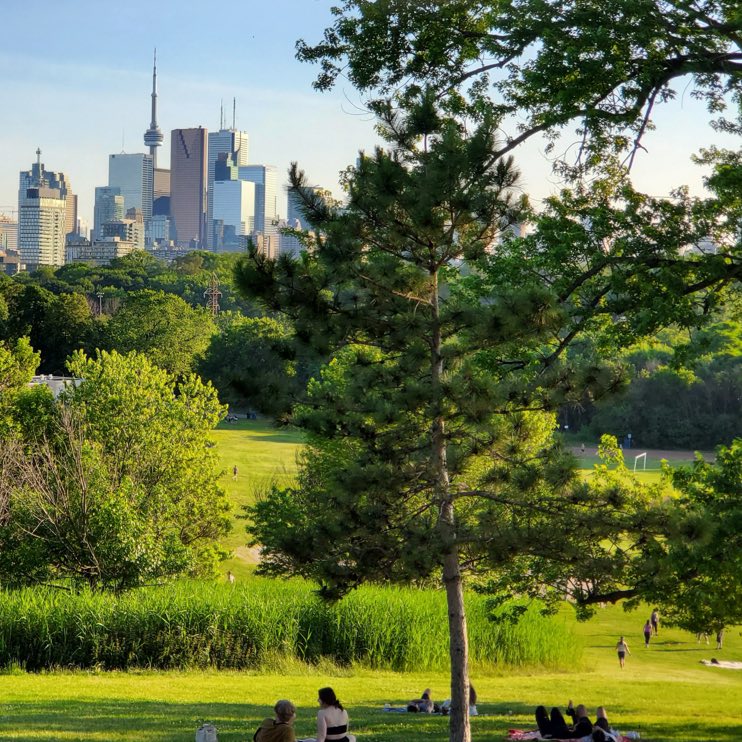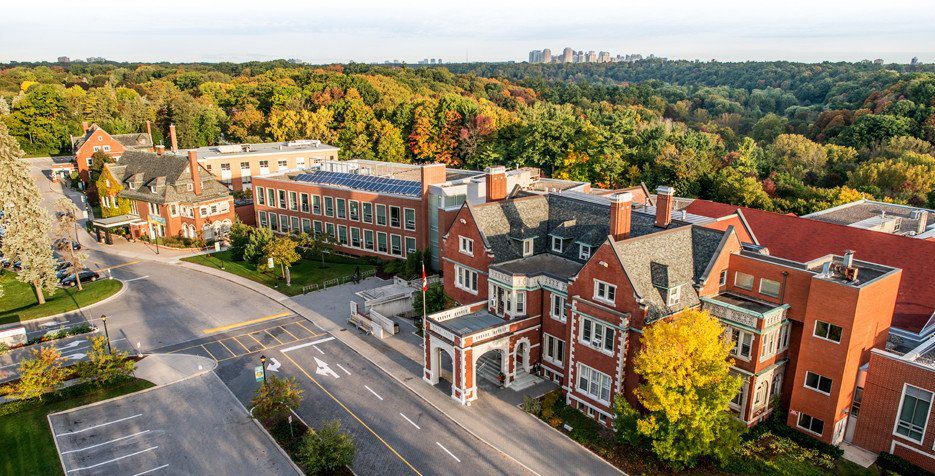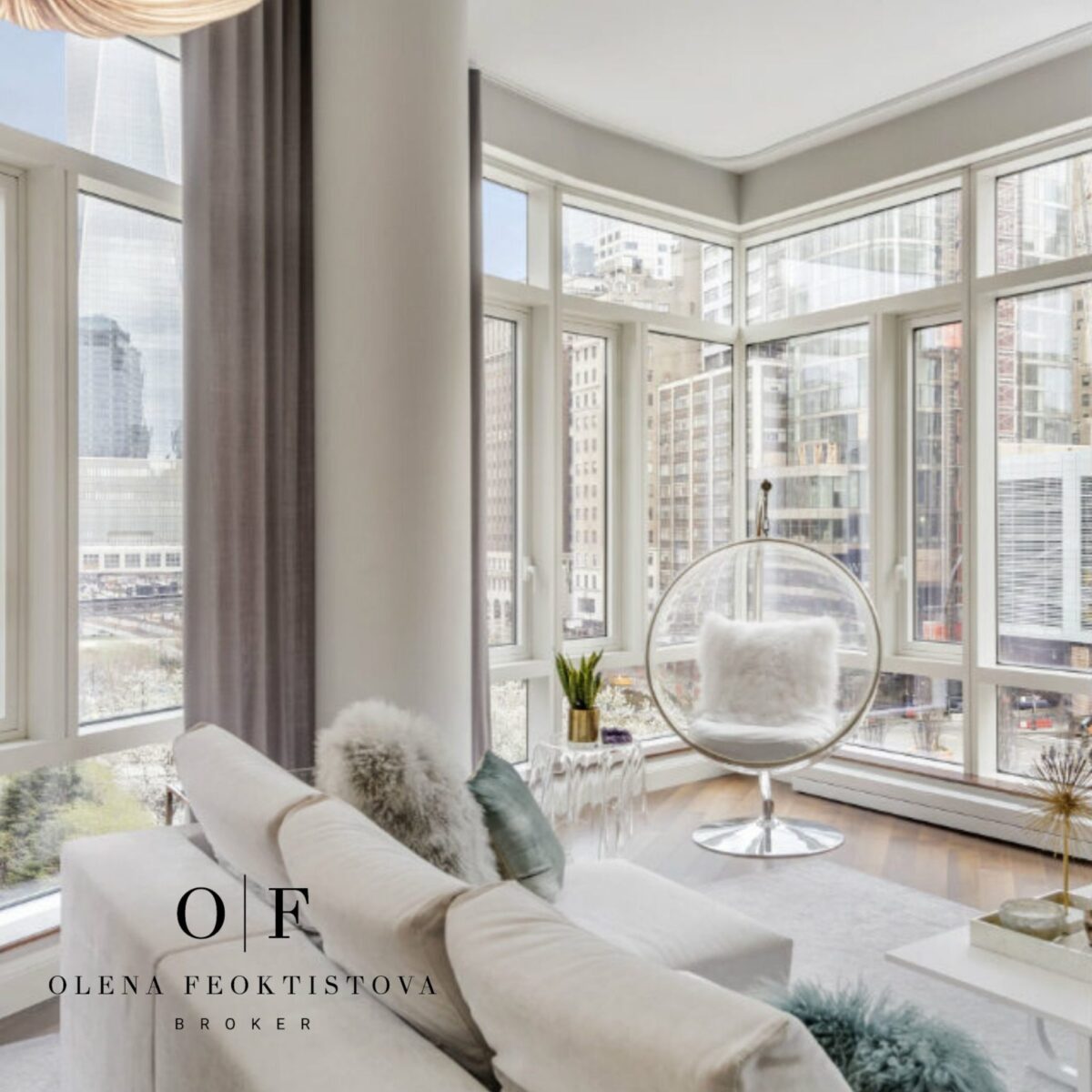Toronto is a metropolis with a population of over 2.9 million that continues to grow exponentially. It is also one of North America’s most prosperous cities, with a thriving economy and an eclectic mix of cultures. Consequently, the city has become a hub for various businesses and industries, ranging from technology to real estate.
Toronto’s real estate industry has experienced significant growth over the past few years, leading to increased competition among developers and investors. Luxury real estate, in particular, has been a significant contributor to this rapid expansion, thanks to its high-end finishes, exclusive amenities, and location in prime neighbourhoods. However, the question remains: is luxury real estate in Toronto impacted by market shifts?
Market Shifts in Toronto’s Real Estate Industry
Over the past few years, Toronto’s real estate industry has undergone several shifts, ranging from price changes to government interventions. One primary cause of these shifts was the rapid price increases in the city’s housing market between 2016 and 2017, leading to a severe housing affordability crisis.
To combat rising prices, the government of Ontario implemented several measures such as a foreign buyers tax, rent control regulations, and higher down payment requirements. These measures had an immediate impact on the real estate market, causing a significant slowdown in sales and price growth.
However, despite the government’s interventions, the Toronto real estate market remains robust, with record-breaking sales and price growth seen in recent years. While it may seem counterintuitive, this dynamic is due to the continued demand for luxury properties by high-net-worth individuals.
Impact of Market Shifts on Luxury Real Estate in Toronto
Luxury real estate in Toronto is significantly impacted by market shifts, but the effect varies depending on the specific market conditions. In general, the luxury real estate market is less sensitive to overall market conditions, including interest rates, economic fluctuations, and government interventions.
The primary driver of the luxury real estate market is the wealth of the buyers, who have high levels of disposable income and can afford to pay premium prices for luxury properties. Therefore, while the overall real estate market may experience price declines or slow sales during challenging economic times, the luxury market remains relatively stable.
One example of this resilience is seen in the current COVID-19 pandemic, which has led to a widespread slowdown in the global economy. While the overall Toronto real estate market has been affected by the pandemic, luxury properties have remained in demand, with many properties still selling at premium prices.
Another factor affecting the luxury real estate market in Toronto is the ongoing immigration trends. Toronto is a top destination for international immigrants, leading to a high demand for luxury properties by wealthy foreign buyers.
Government Interventions and Luxury Real Estate
The government of Ontario has implemented several measures aimed at reducing speculative activities in the real estate market, including luxury markets. These measures include the foreign buyers’ ban, which prohibits foreign purchasers to acquire residential properties.
While this ban has had some impact on the luxury real estate market, it has not been as severe as expected. Luxury real estate domestic buyers, are unaffected by this ban as well as they were not affected by foreign buyers’ tax, considering their high levels of disposable income. Additionally, they often purchase property as a long-term investment, so the tax’s short-term impact is minimal.
Another government intervention that could affect the luxury market is the speculation tax. The Ontario government has introduced a tax on vacant properties, targeting speculators leaving properties empty as a form of investment. While the tax’s impact on luxury real estate is yet to be determined, it could have some effect, given the significant number of luxury properties left empty by absentee owners.
Are you looking for more help with buying and selling luxury real estate in Toronto? Read these posts next:
- Traits to Look for in a Luxury Real Estate Agent in Toronto
- 7 Questions to Ask Your Toronto Luxury Real Estate Agent
- 5 Bridle Path Mansions that Are Architectural Marvels
Price Trends in Luxury Real Estate
Despite the market shifts and government interventions, Toronto’s luxury real estate market has seen continued price growth in recent years. According to a 2019 report, the price of luxury homes in Toronto increased by 16% year-over-year in 2018, with an average sale price of $3.5 million.
The report also notes that the demand for luxury properties in Toronto continues to outstrip supply, contributing to price growth. Several high-profile luxury developments are currently under construction, indicating that the demand for luxury properties will continue to grow.
Conclusion
In conclusion, the impact of market shifts on luxury real estate in Toronto is unique compared to the overall real estate market. Due to the characteristics of the buyers and the nature of the luxury market, it is less sensitive to market fluctuations, including government interventions.
While the overall Toronto real estate market has been affected by the COVID-19 pandemic and other market shifts, luxury properties have remained in demand, with prices continuing to rise. The demand for luxury properties in Toronto is driven by wealthy buyers, including foreign investors and immigrants, looking for high-end finishes, exclusive amenities, and prime locations.
As such, the luxury real estate market is poised for continued growth, with several high-profile developments currently underway. The future of Toronto’s luxury real estate market is bright, with significant potential for continued growth in the coming.
If you are seeking more advice on buying or selling luxury real estate in Toronto, I can help. Contact me today by email here or by calling (647) 294-3039.













